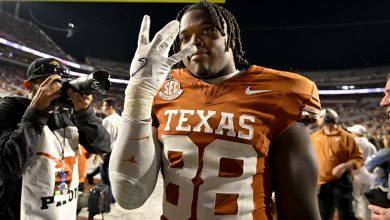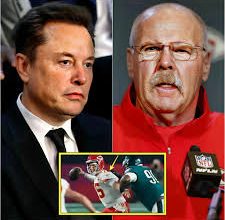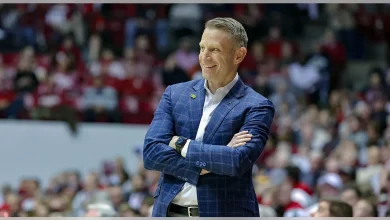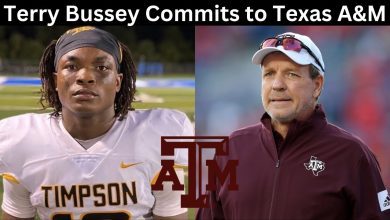Bill Simmons blasts the Buss family, claims LeBron bailed out Lakers’ dysfunction—sparking backlash from frustrated and loyal Lakers fans.
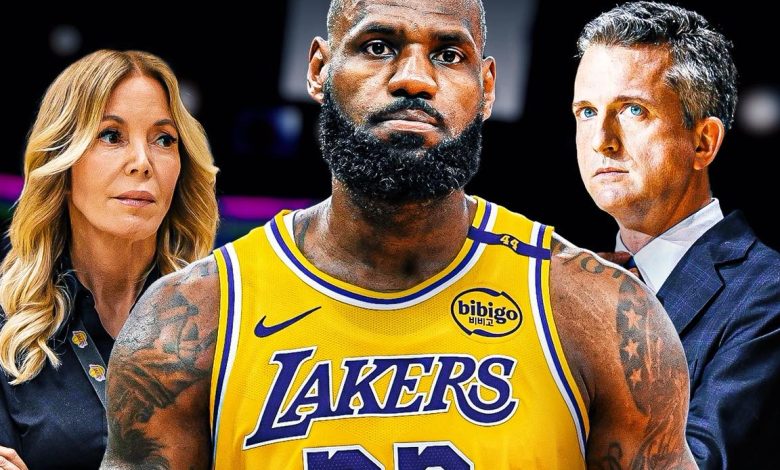
Bill Simmons, the outspoken sports analyst and podcaster, recently went on a blistering takedown of the Los Angeles Lakers’ franchise, targeting the long–time ownership by the Buss family and claiming that LeBron James has “bailed out” the organization more than once. His claims have ignited a fresh wave of debate among Lakers fans—some ready to rally behind Simmons’s assessment, others deeply unhappy with his critique of franchise icons. Here’s a breakdown of Simmons’s argument, the backlash, and why this controversy matters for the Lakers moving forward.
1. A New Era, an Old Narrative
The recent sale of a controlling interest in the Lakers marks the end of an era. The Buss family, stewards of the Lakers since Dr. Jerry Buss purchased the team in 1979, have played an iconic role in shaping the club’s identity—from the Showtime ’80s to the Kobe era and beyond.
Now, as a billionaire-led consortium takes over day‑to‑day operations, Simmons’s comments serve as both critique and epitaph. He contends that the franchise’s recent record under the Buss regime includes missteps so glaring that even a superstar like LeBron felt compelled to steady the ship.
2. “Bailed Out”: What Bill Simmons Claimed
At the core of Simmons’s argument is the idea that LeBron James, through contracts, personal charisma, and organizational influence, has functionally rescued the Lakers from their worst moments. Simmons highlights several key points:
- Financial compromise: LeBron took less money in certain years to free cap space for reinforcements only to see those plans collapse.
- Influence on personnel: Simmons alleges LeBron stepped in behind the scenes to influence coaching hires and roster moves, suggesting he’s acted like a de facto GM.
- Competition savior: In seasons where the Lakers seemed directionless, it was LeBron’s presence—through sheer performance and star power—that kept the franchise relevant.
Combined, these moves amount to Simmons’s thesis that LeBron hasn’t just played for the Lakers—he’s repeatedly rescued them.
3. The Buss Family Under the Microscope
Simmons went in hard on the recently departed Buss regime, arguing that years of frugality and inconsistent decision-making created a vacuum of leadership. Some of the criticisms he leveled:
- Parsimony over investment: Claims that Jeanie Buss prioritized boardroom concerns over bold basketball moves—letting key role players walk or not adequately funding the team.
- Coaching carousel: Simmons pointed out how frequent coaching changes disrupted continuity, sometimes at LeBron’s expense.
- Legacy entanglement: The Buss brand, once revered under Jerry’s leadership, now seems weighed down by nostalgia without direction.
Simmons paints it as an ownership freefall—that a billionaire superstar had to bail out a once-gilded franchise.
4. LeBron’s Defensive Advantage—and Risk
Of course, LeBron’s case isn’t bulletproof:
- The hero narrative: His athleticism and ability to buoy the team are undeniable—but is that enough to “bail out” a mismanaged organization?
- Leveraged superstar: LeBron’s opt-ins, meetings with league powerbrokers, and influence over basketball decisions have turned heads. Fans ask: Is this leadership or overreach?
- Legacy implications: With critics like Simmons framing him as a backup CEO, LeBron risks having his on-court legacy overshadowed by off-court power plays.
But many Lakers fans see it differently: if LeBron is running things, it’s because he delivered titles and relevance.
5. Fan Reaction Split Wide Open
The response has been fiery—and split:
- Traditionalists: Loyal to the Buss name, they accuse Simmons of rewriting history, arguing the Buss years delivered five championships and NBA greatness.
- LeBron loyalists: Others see Simmons’s take as wishful thinking by people who don’t understand modern NBA leverage. If LeBron picked coaches and signed pay cuts, it was to win.
- Moderates and pragmatists: A third camp admits there were leadership misfires but argue LeBron isn’t the answer to structural dysfunction.
Social media responses vary: from “You’re damn right, Jeanie held us back!” to “LeBron runs LA now? Enough. Let the pros handle it.”
6. A Growing Trend: Superstars as Powerbrokers
Simmons’s argument isn’t limited to LA—he places it in a larger NBA evolution:
- LeBron’s model: Giannis-backed moves in Milwaukee, stars like Steph and Klay shaping Golden State’s future.
- The player-ownership fold: Athlete power has expanded significantly—leading to a new debate: is a player acting like a team’s backbone a strength or a sign of deeper failing?
In that context, Simmons’s comments prompt a larger question: what does it do to the competitive balance when individual players assume executive-level influence?
7. Changing Guard: What New Ownership Means
With Mark Walter’s group now in charge, the baton has officially passed. Now the questions loom:
- Will the new front office assert genuine autonomy?
- Or will LeBron maintain existing influence, now sanctioned by a fresh ownership regime?
- And will fans view the shift as just a cosmetic rebrand… or a real new era?
For Simmons, it’s a watershed moment—either the Lakers are truly turning a corner, or they’ll continue leaning on LeBron as a collapsible backstop.
8. The Case for Simmons
From a sports-media perspective, Simmons’s takedown hits on multiple current storylines:
- A post-Buss Lakers needing organizational clarity.
- A superstar at the center of multiple NBA titles and franchise pivots.
- A new league era where players define success beyond the court.
Simmons, ever the provocateur, challenges fans to see the Lakers not through golden nostalgia, but through pragmatic modern basketball realism. If LeBron paid the bills and made the call on coaches, that’s not heroic—that’s symptomatic of a system-wide weakness.
9. Why This Matters Now
Timing is everything:
- The ownership sale just closed—the narrative is shifting fast.
- LeBron, in his 21st NBA season, is nearing retirement, meaning a Lakers future without him draws near.
- A fresh front office has to decide: embrace superstar co-leadership or install traditional basketball governance?
All at a time when fan loyalty is being tested—and Simmons has thrown gasoline onto the conversation.
10. What Comes Next
Expect the fireworks to continue:
- We’ll likely hear from both sides: the Buss family may issue statements defending their legacy, while LeBron’s camp will reject claims of shadow GM status.
- The new front office will set the tone—LeBron’s allies or LeGM’s supporters?
- And fans will judge every move: player contract, coaching hire, tanking rumors, draft picks—as either proof of the old chaos or a true rebrand.
If Simmons’s critique is taken seriously, the Lakers might see a seismic culture shift… or just fan backlash.
Bill Simmons’s indictment of the Buss-era Lakers and LeBron’s rising clout isn’t just sports talk—it’s a moment of reckoning. As the franchise enters a new ownership era, fans are no longer simply cheering for wins—they’re grappling with identity, influence, and responsibility.
Is LeBron the last hero keeping the Lakers afloat? Or is he the replacement king in a dynasty that lost its backbone? Simmons forces fans to choose.
As for the new front office—they now walk a tightrope: restore structure, empower players—yes—but not at the cost of transparency, accountability, or letting iconic legacies fade quietly into buzzwords.
The Lakers of 2025 are more than an NBA team—they’re a multi-billion-dollar institution navigating power, history, and change. And Bill Simmons just lit the fuse. Fans won’t forget.



